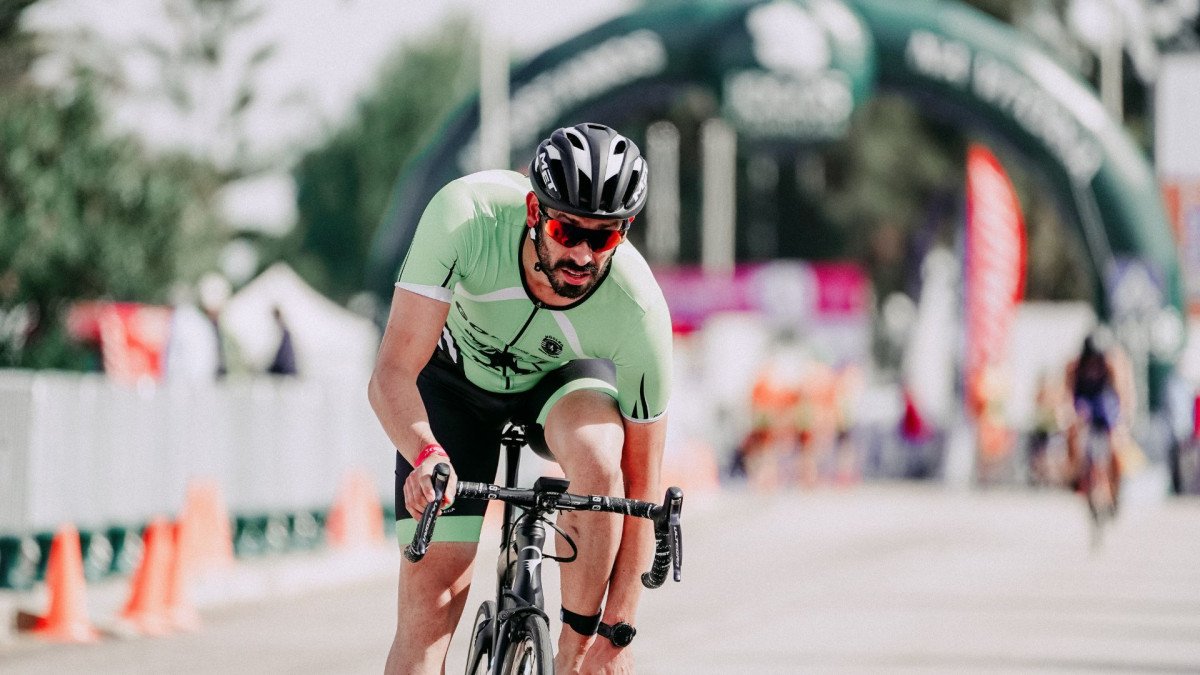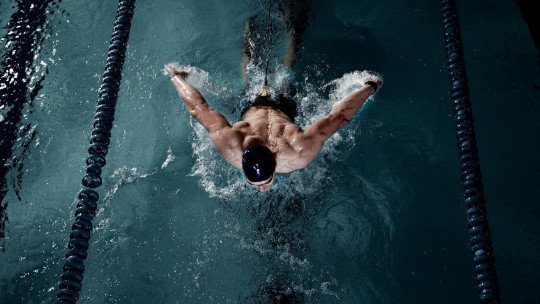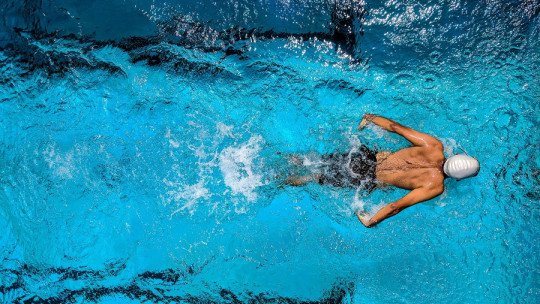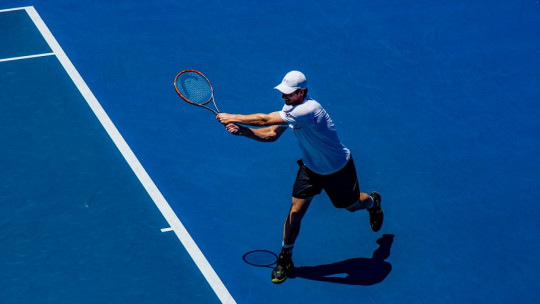Imagine a stadium full of spectators, each one of them with their eyes on you, waiting for you to give your best. How do you handle that external pressure? And what about the internal pressure, that little critical voice in your head that tells you you could do better? In this article, we will explore how high-performance athletes face and overcome these pressures to reach their full potential. Through mental coaching strategies, we will discover how to manage both external and internal expectations, providing valuable guidance for anyone immersed in the world of high-level sports.
Let me tell you the story of Sara, a young athlete who dreamed of being an Olympic champion in synchronized swimming. As her ability grew, so did his expectations. At competitions, her external pressure manifested itself through the watchful eyes of her coach and the deafening applause of the crowd.
Internally, he struggled with anxiety and doubt, wondering if he would live up to expectations. But with the help of an expert coach, Sara learned to channel those pressures into positive momentum. She discovered breathing, visualization, and affirmation techniques that helped her stay focused and calm even in the most intense moments. He learned to transform pressure into fuel for his determination and perseverance
The power of the mind in sport
One of the most notable cases is that of Michael Phelps, the most decorated Olympic swimmer in history. During the 2008 Beijing Olympics, Phelps faced enormous external pressure and public expectations. He used visualization techniques before each race to imagine each perfect stroke, mentally preparing himself for the challenge. This mental training approach is based on the theory of Constructivism, which postulates that individuals can modify their reality through mental interpretation and action, which Phelps demonstrated with his record-breaking achievements.
A classic study that supports the importance of pressure management in sports performance is the Martens model of anxiety and performance This model suggests that anxiety affects sports performance and that certain levels of anxiety may be beneficial, while others are detrimental. Athletes who can control and channel anxiety, transforming it into positive energy, can perform at their full potential even under pressure.
Furthermore, the theory of flow, developed by Mihály Csíkszentmihályi, points out that athletes achieve their best performance when they are immersed in a challenging but achievable activity, experiencing a state of flow where external pressure dissolves and optimal performance is achieved. This theory has been supported by numerous case studies, including that of Serena Williams, who has talked about how she enters a state of flow during her most challenging matches, allowing her to maintain performance under immense pressure.

How can you succeed under pressure?
Ultimately, managing internal and external pressure is essential for any athlete who aspires to reach their full potential in high-performance sport. Through mental coaching, athletes can transform pressure into positive momentum, exceeding expectations and achieving success. By adopting visualization, breathing and affirmation techniques, athletes can stay focused and confident even in the most challenging circumstances
So, whether you are an athlete facing pressure to perform or a coach looking to guide your athletes to success, remember that mental coaching can make a difference. With the right strategies, you can transform pressure into power, taking your performance to new heights and achieving your sporting goals with confidence and determination. Never underestimate the power of a strong and resilient mind in the world of high-performance sports!
Explore your inner world, question deep-rooted beliefs and discover your inner wisdom. These questions take you on a journey of self-knowledge that transforms your sporting experience and your relationship with the world. How do you imagine transforming external pressure into a driver of determination and success, just like Sara did on her way to the top?
How can you channel internal pressure and turn it into fuel for your determination and perseverance, like Michael Phelps did at the 2008 Beijing Olympics? How do you think you could find your state of flow, like Serena Williams does during her most challenging matches, allowing you to maintain performance under immense pressure?
What levels of anxiety do you consider beneficial for your sports performance and how could you channel anxiety into positive energy? What small, significant changes can you make in your daily routine to cultivate a strong and resilient mind, preparing you to face any challenging situation on your path to sporting success?










